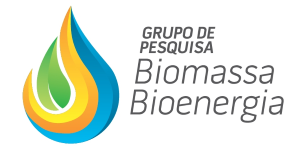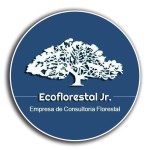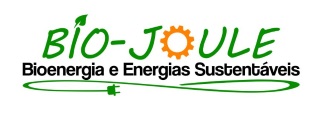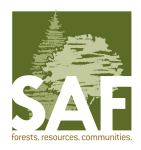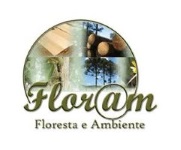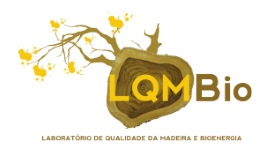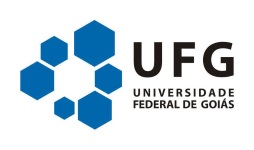POTENTIAL OF ELECTRIC ENERGY GENERETE WITH BIOGAS FROM ANIMAL WASTE IN ROSANA, SP
04 - Biogas
 1 SAMANTHA REGINA LEMOS NOGUEIRA, 2 PATRICK ALLAN DA SILVA PEREIRA , 2 JOÃO EMANUEL FERMINO MARTINI, 3 ANDREA CRESSONI DE CONTI, 3 CLAUDIO DE CONTI
1 SAMANTHA REGINA LEMOS NOGUEIRA, 2 PATRICK ALLAN DA SILVA PEREIRA , 2 JOÃO EMANUEL FERMINO MARTINI, 3 ANDREA CRESSONI DE CONTI, 3 CLAUDIO DE CONTI
1 UNESP - CAMPUS EXPERIMENTAL DE ROSANA
2 ENERGY ENGINEERING, SÃO PAULO STATE UNIVERSITY (UNESP), CAMPUS DE ROSANA, ROSANA, SÃO PAULO.
3 JOAOEMANUEL1996@OUTLOOK.COM
Brazil's agricultural production generates waste that can be used as a renewable source of energy. One way to use the energy content of this waste is to turn it into biogas. Biogas is a gas generated by the anaerobic fermentation of organic matter of vegetable or animal origin. The biogas composition varies according to the type of biomass used in the process and may contain up to 70% methane gas, which is a highly combustible gas and has a high calorific value, although it has a greater impact on the greenhouse effect when compared with carbon dioxide. Based on the Integrated Solid Waste Management Plan of the Municipality of Rosana / SP, this work calculated the potential for the production of electricity generated with biogas, produced with a modified Canadian biodigester fed with bovine, porcine and buffalo waste. For this purpose, the first order rate model was used and all numerical simulation was performed in the programming language C. For cattle, considering volatile solids equal to 83% and total solids 14%, the amount of methane gas produced was 9.18 × 10-3 m3 / day / generating head was 1.3 × 10-2 m3 kWh. For swine, considering 77% volatile solids and 13% total solids, the amount of methane gas produced was 1.3 × 10-2 m3 / day / head generating 1.8 × 10-2 kWh. For buffaloes, considering volatile solids of 77% and total solids of 18%, the amount of methane gas produced was 2.7 × 10-2 m3 / day / head generating 3.9 × 10-2 kWh. These results, together with the low cost of construction of a biodigester, are important for the economic viability of the use of animal waste in a small rural property.
Keywords: bioenergy, biomass, waste





